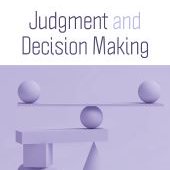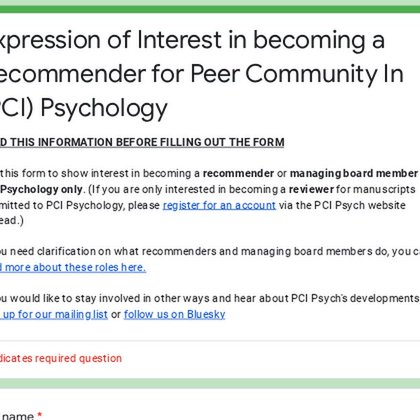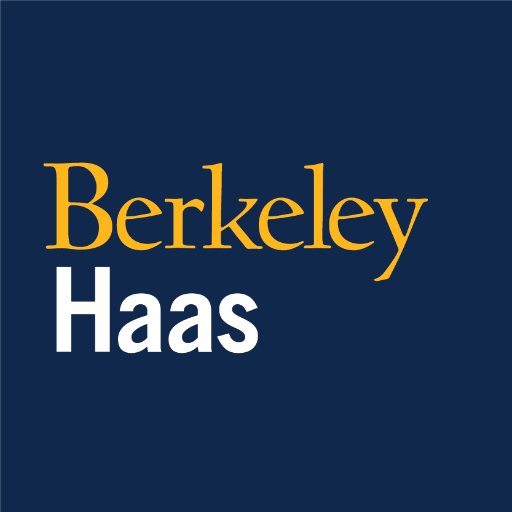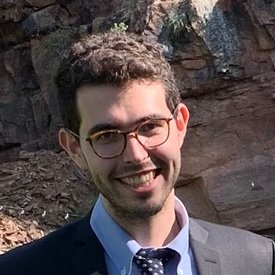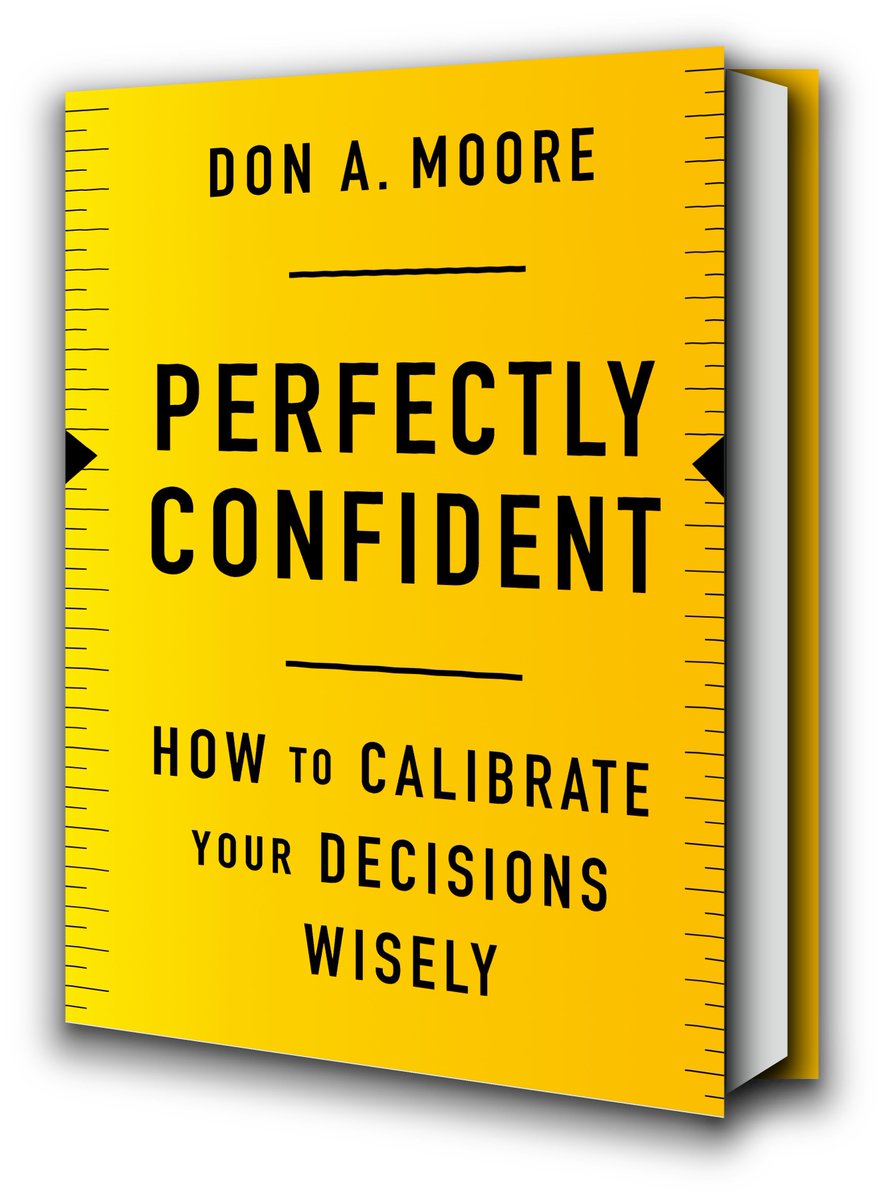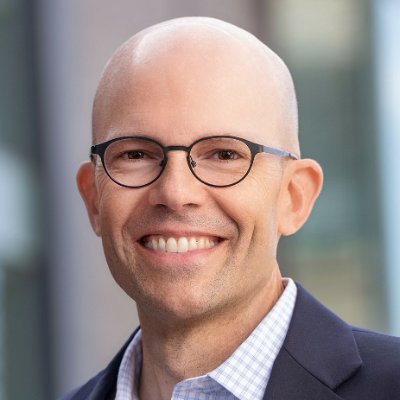
Don Moore
@donandrewmoore
Followers
3K
Following
2K
Media
36
Statuses
1K
Decision researcher at UC Berkeley's Haas School of Business. Only sometimes overconfident.
Berkeley, CA
Joined May 2010
RT @JPubEcon: Just published in @JPubEcon:. "Does the prospect of upward mobility undermine support for redistribution?". By @donandrewmoor….
0
36
0
You probably think there are some people who are more overconfident than others. If so, then you might be interested in our paper:
cambridge.org
Is overconfidence an individual difference? - Volume 20
2
0
6
PCI Psychology is a bold new effort seeking to improve peer review by separating it from journals and the publication process. Join us by signing up here:
docs.google.com
READ THIS INFORMATION BEFORE FILLING OUT THE FORM Use this form to show interest in becoming a recommender or managing board member for PCI Psychology only. (If you are only interested in becoming a...
0
4
15
Applications are open for the Ph.D. program in Management of Organizations at UC Berkeley's Haas School of Business:
haas.berkeley.edu
Berkeley Haas Admissions The Berkeley Haas PhD program is a fully-funded, five-year, full-time, in-residence program resulting in a PhD in Business Administration. Applicants must select from one of...
0
3
7
Stay skeptical, people.
The 2024 presidential campaign so far has been full of unexpected plot twists—and there’s still 12 weeks to go before the general election. 🗳️. Professor @donandrewmoore and his former student Aditya Kotak give the 101 on polling accuracy. #BerkeleyHaas.
0
0
6
On December 8th, our Berkeley journal club read a paper claiming that thoughts of God increased algorithm appreciation. Today, @PNASNews published our attempts to replicate those results. Spoiler alert: we fail to replicate the original claims
pnas.org
Does thinking about God increase acceptance of artificial intelligence in decision-making?
8
56
229
Okay, this is awesome. Thank you, @william_h_ryan, for making it so easy to back up my Qualtrics surveys and data!.
I wrote a small script for backing up all your Qualtrics surveys (.qsf files + data) locally using their API, and figured it might be helpful for someone else. It could definitely be improved, but it worked for me as a way to have a backup just in case:
0
2
10
RT @SJDM_Tweets: The Society for Judgment and Decision Making is pleased to announce that the latest newsletter is ready for download:. htt….
0
4
0

